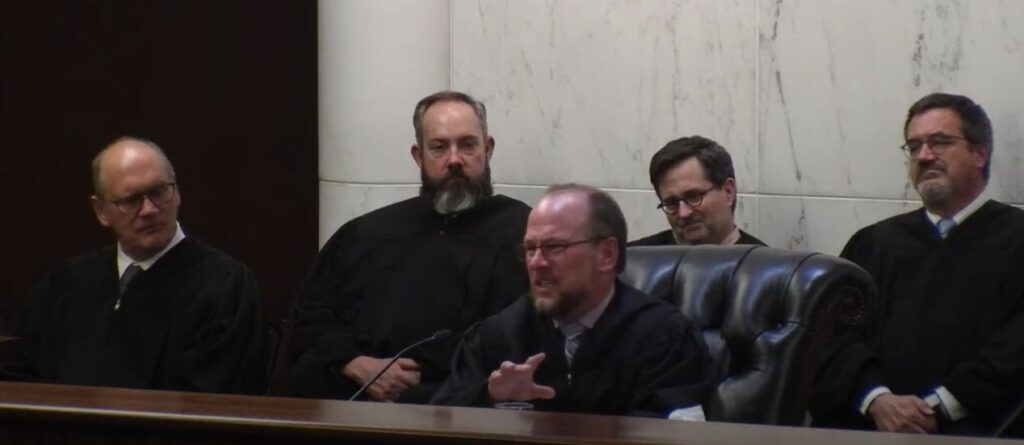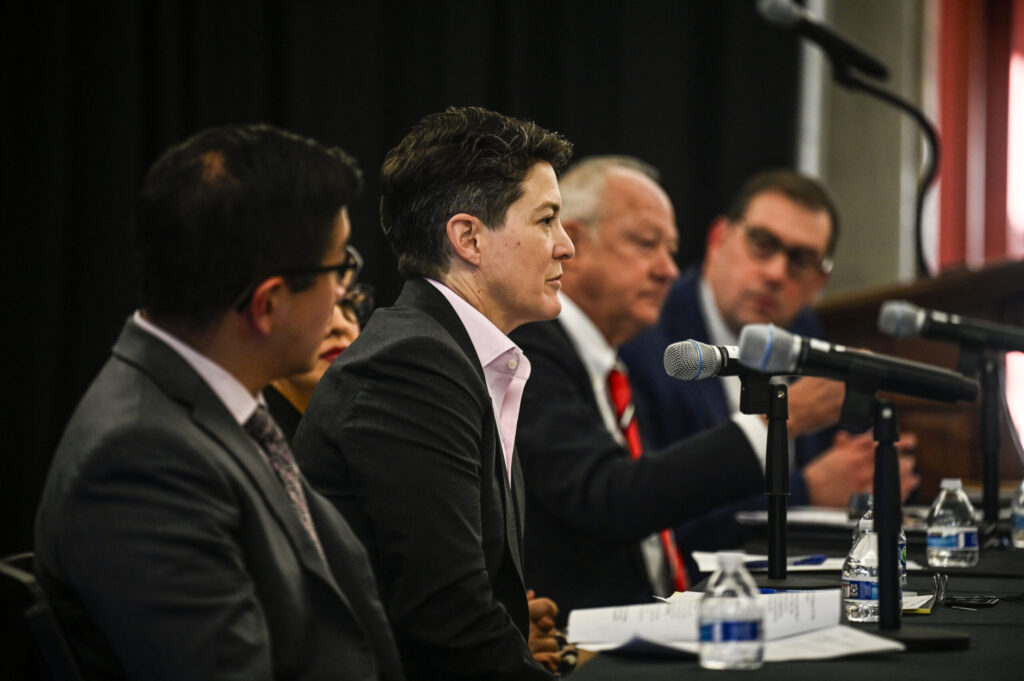Release hearing ordered for Aurora detainee held for 21 months in ICE custody
A federal judge last month ordered a hearing to determine if a detainee in Aurora who has spent the last 21 months in immigration custody should be released during the remainder of his removal proceedings.
More than two decades ago, the U.S. Supreme Court recognized a noncitizen’s detention could be constitutionally unreasonable beyond six months. In a Dec. 19 order, U.S. District Court Chief Judge Philip A. Brimmer agreed the nearly two years German Martinez Viguerias has spent in detention without a bond hearing amounted to a violation of the constitutional right to due process.
“Courts have held that the length of detention factor weighs in favor of petitioners who have been detained for shorter periods of time than Mr. Martinez,” Brimmer wrote.
U.S. Immigration and Customs Enforcement has detained Martinez Viguerias, a citizen of Mexico, since February 2023. In November, he filed a petition for habeas corpus, arguing his prolonged detention without a hearing to see if he was eligible for release on bond was unconstitutional.
Brimmer explained that by law, Martinez Viguerias was subject to mandatory detention due to a criminal offense he committed. However, the constitutional guarantee of due process may override that mandate when a person’s confinement becomes unreasonable.
The U.S. Court of Appeals for the 10th Circuit, which hears appeals in federal cases arising from Colorado and five neighboring states, has never addressed when a release hearing is necessary for a person in Martinez Viguerias’ shoes. Other appeals courts across the country and several district judges within Colorado have applied their own criteria to determine when detentions have become so prolonged as to require a bond hearing.
Last fall, the St. Louis-based Eighth Circuit broke from its counterparts, with a panel of Republican-appointed judges concluding the Supreme Court has left “no room for a multi-factor ‘reasonableness’ test.” Brimmer declined to endorse the Eighth Circuit’s conclusion, reasoning many more courts have embraced the idea that immigration detention can become unconstitutional at some point.
Brimmer determined multiple factors weighed in favor of considering Martinez Viguerias’ eligibility for release, including the length of detention, the prison-like nature of his confinement and the likelihood his deportation proceedings would stretch far into the future.
Brimmer did not hold the unresolved deportation case against either Martinez Viguerias or the government. He noted the case had been repeatedly appealed and handled by three different immigration judges. With another hearing on Martinez Viguerias’ torture-protection claim scheduled for mid-January, Brimmer believed either party could conceivably prevail.
Consequently, Brimmer ordered the government to hold a hearing to determine whether Martinez Viguerias should be released from detention during the remainder of his deportation case.
Unlike other judges in Colorado who have granted similar requests, Brimmer chose not to require the government to prove Martinez Viguerias is a flight risk or a danger to the community. Instead, Brimmer placed the burden on Martinez Viguerias to prove his suitability for release.
The case is Martinez Viguerias v. Ceja et al.











